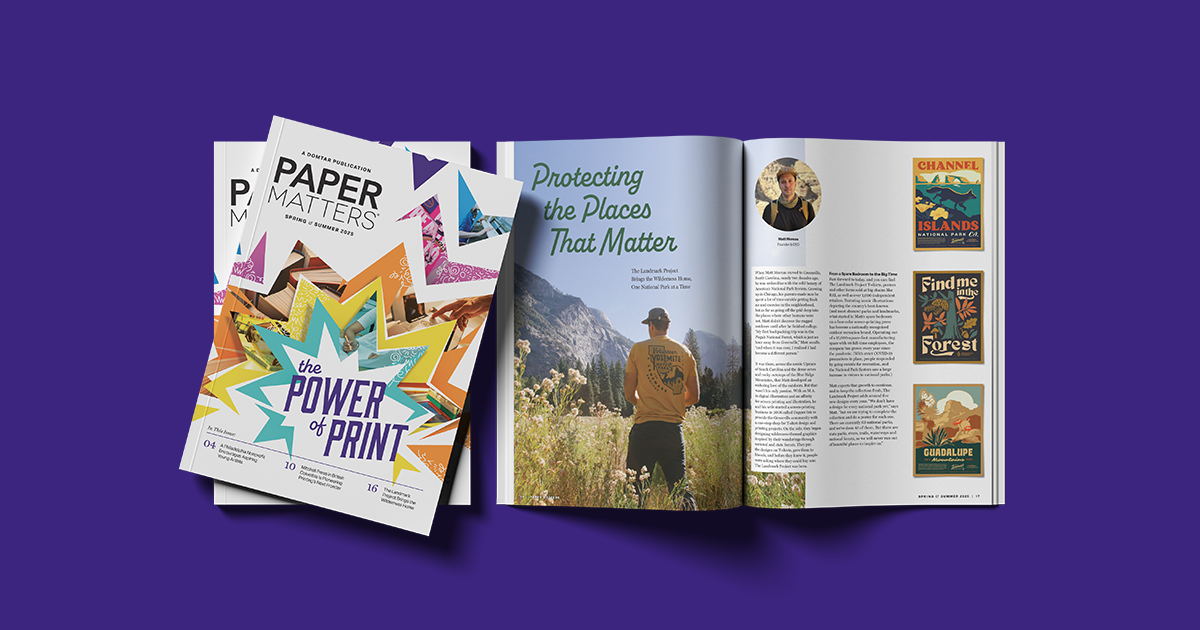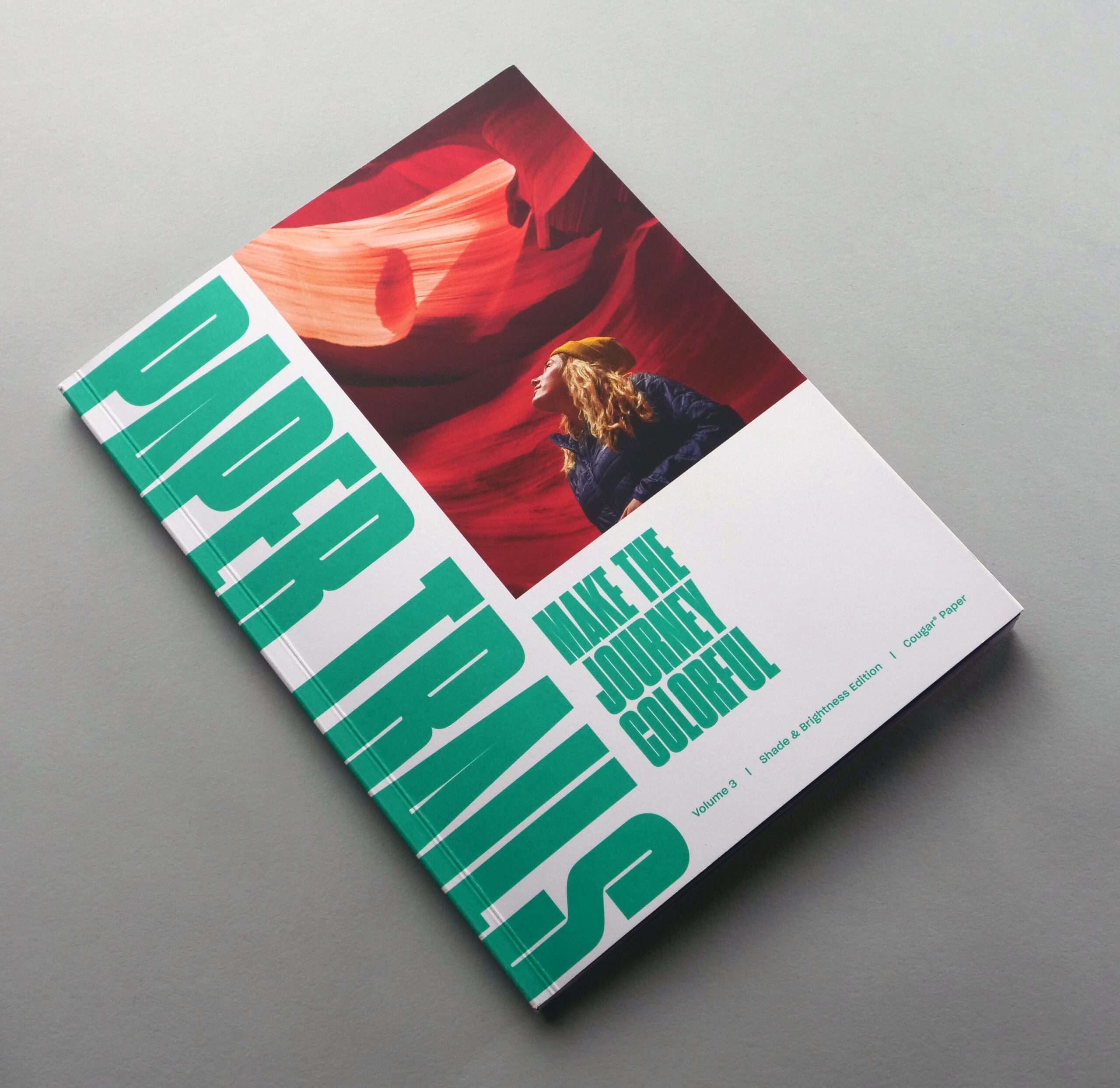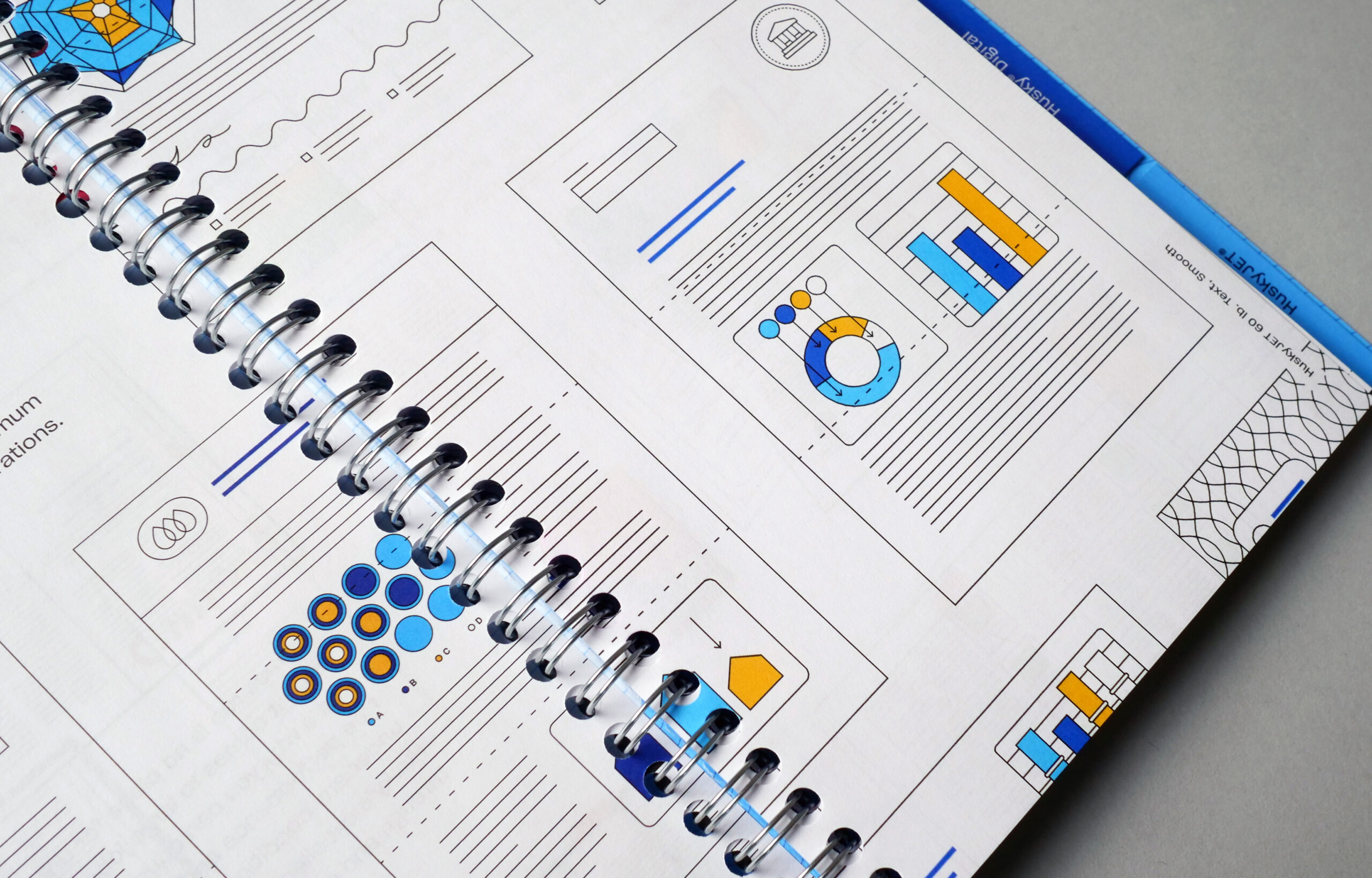 Have you ever heard the phrase, “If you want to achieve a goal, you need to write it down”? It might sound cliché, but you’d be surprised by how accurate it is. There are countless apps, calendars and other tools designed to help you stay organized and remember important things. Everyone has their preference on the method they use for notetaking, to-do lists and reminders, but did you know that your brain actually holds onto information better after you’ve written it down?
Have you ever heard the phrase, “If you want to achieve a goal, you need to write it down”? It might sound cliché, but you’d be surprised by how accurate it is. There are countless apps, calendars and other tools designed to help you stay organized and remember important things. Everyone has their preference on the method they use for notetaking, to-do lists and reminders, but did you know that your brain actually holds onto information better after you’ve written it down?
6 Ways to Use Paper to Increase Productivity:
-
Paper Calendars vs. Mobile Calendars
 Paper calendars allow you to see the big picture while you’re making plans, helping you to create a more cohesive and detailed plan. Paper calendars also serve as a quick reference source. According to a study conducted by Pew Research Center, 64% of employees say they prefer paper agendas and memos to digital communication.
Paper calendars allow you to see the big picture while you’re making plans, helping you to create a more cohesive and detailed plan. Paper calendars also serve as a quick reference source. According to a study conducted by Pew Research Center, 64% of employees say they prefer paper agendas and memos to digital communication.
-
To-Do Lists & Checklists
 Writing things down will make you more effective. It not only helps you remember what needs to be done, but lists also help keep you more accountable. Not to mention, the satisfaction you feel when you complete a task and are physically able to cross it off your list. Good ideas can be forgotten, but writing them down helps you re-visit, elaborate and develop your thought processes.
Writing things down will make you more effective. It not only helps you remember what needs to be done, but lists also help keep you more accountable. Not to mention, the satisfaction you feel when you complete a task and are physically able to cross it off your list. Good ideas can be forgotten, but writing them down helps you re-visit, elaborate and develop your thought processes.
-
Brainstorming
-
Paper Books vs. E-books
 The Pew Research Center study also determined that 66% of readers believe printed books offer a more unique and fulfilling reading experience than e-books. Children also learn better with paper books. Almost 90% of teachers and parents feel a child’s memory and language development is improved by reading 15 pages on paper every day.
The Pew Research Center study also determined that 66% of readers believe printed books offer a more unique and fulfilling reading experience than e-books. Children also learn better with paper books. Almost 90% of teachers and parents feel a child’s memory and language development is improved by reading 15 pages on paper every day.
-
Improve Communication
-
Use Flash Cards
 Using flashcards not only provides a unique sensory experience, but also aids in learning and reading comprehension. Flashcards make learning easier by only focusing on the most important pieces of information, they’re portable, efficient and can be utilized for virtually any subject.
Using flashcards not only provides a unique sensory experience, but also aids in learning and reading comprehension. Flashcards make learning easier by only focusing on the most important pieces of information, they’re portable, efficient and can be utilized for virtually any subject.
- Paper Storage Tips
- Enhance Productivity with Office Paper Small Packs
- How To Choose The Right Office Paper For Your Project, Priority and Budget







